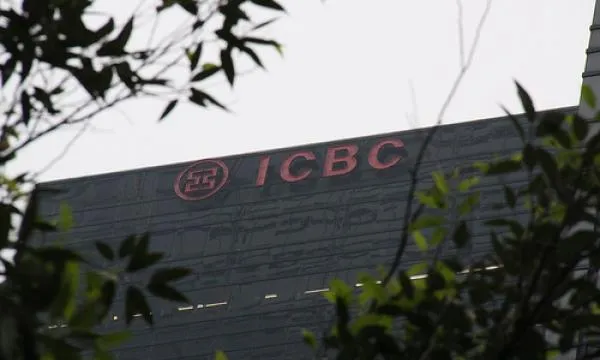
Chinese regulation on ‘too big to fail' banks could reduce financial risk: analysts
It will improve transparency in the sector.
The People’s Bank of China (PBC) and China Banking and Insurance Regulatory Commission’s (CBRIC) plan to shortlist 30 Chinese domestic systemically-important banks (D-SIBS) could reduce systemic risk and help maintain the financial system’s stability, according to a Moody’s report.
On 26 November, the PBC and CBRIC released a draft regulation proposing to classify 30 banks as D-SIBS subject to increased supervision based on their assets as measured by the sum of a bank’s on- and off-balance sheet and derivative exposures. These banks by comprised 73% of total banking sector assets as of end-2018.
Regulators are imposing a capital surcharge on D-SIBS to reduce systemic risks, with the Financial Stability Board already classifying four of China’s largest banks as globally systemically important banks (G-SIBS): Industrial & Commercial Bank of China, China Construction Bank, Bank of China, and the Agricultural Bank of China. These banks face capital surcharges of 1-1.5%.
The move is expected to improve transparency in the sector, with the banks identified a D-SIBS being required to disclose their current situation regarding size, interconnectedness, substitutability and complexity. This is also largely consistent with the Financial Stability Board’s methodology to assess G-SIBs, the report noted.
However, the G-SIB methodology’s indicator for cross-jurisdictional activities is not directly applicable to Chinese D-SIBs.
“The D-SIBS regulation will widen the credit divergence between banks designated as D-SIBS and non-systemically important small banks that are likely to receive less government support,” noted Moody’s analysts Nicholas Zhu and Minyan Liu.






![Lorem Ipsum [ABF 1]](https://cmg-qa.s3.ap-southeast-1.amazonaws.com/s3fs-public/styles/exclusive_featured_article/public/2025-03/a_hand_pointing_to_a_futuristic_technology_5b87c9d0e3_1.png.webp?itok=2w0y1WhS)


![Cross Domain [Manu + SBR + ABF + ABR + FMCG + HBR + ]](https://cmg-qa.s3.ap-southeast-1.amazonaws.com/s3fs-public/styles/exclusive_featured_article/public/2025-01/earth-3537401_1920_4.jpg.webp?itok=WaRpTJwE)








 Advertise
Advertise

